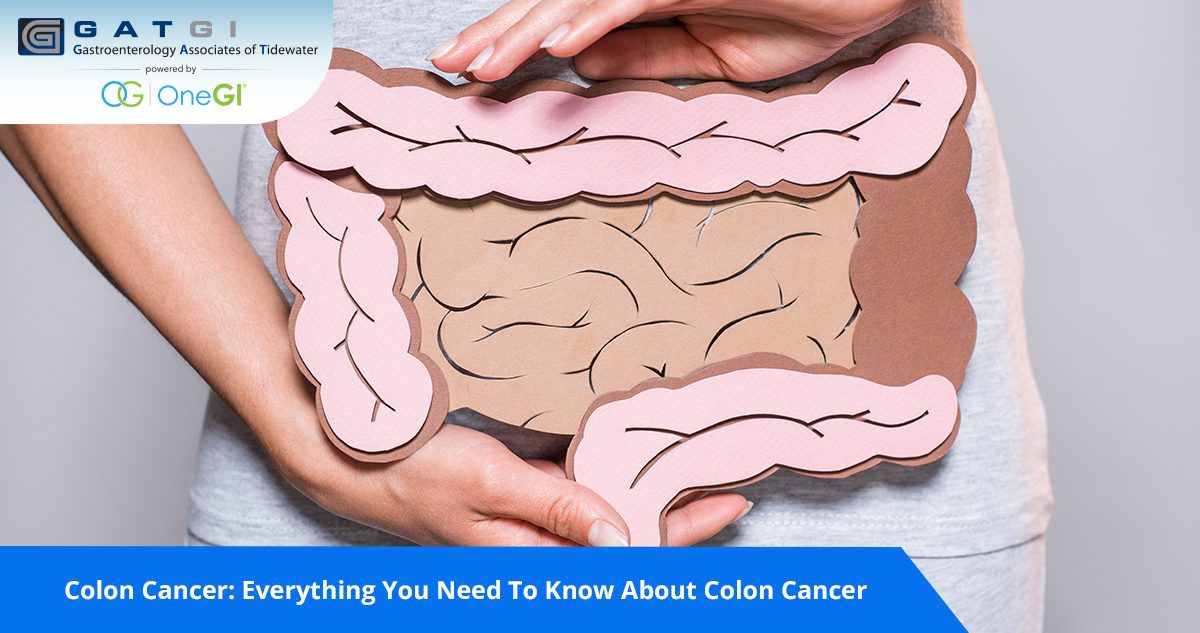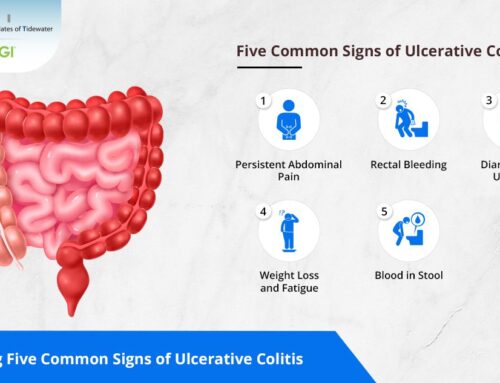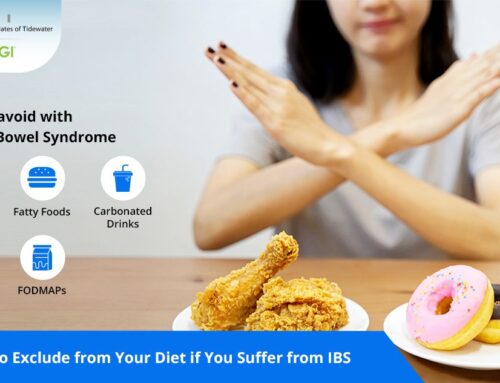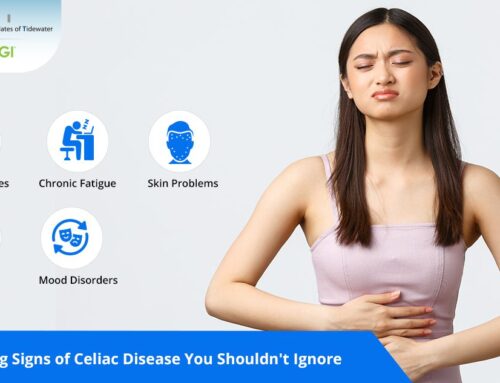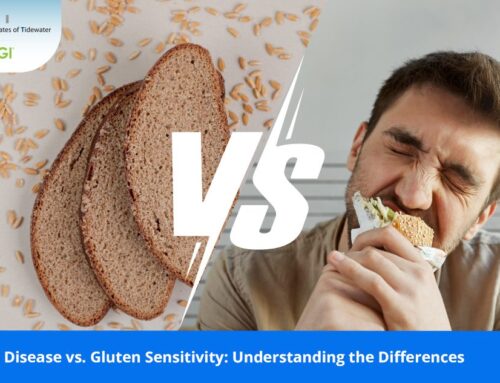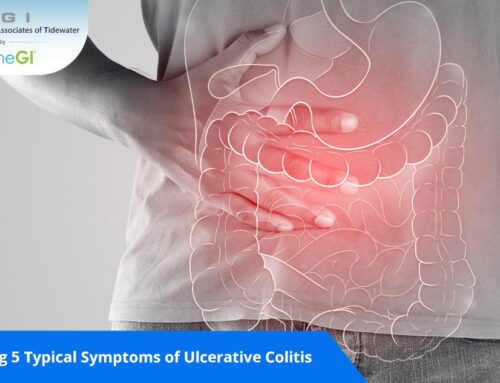Colorectal cancer is the third most prevalent form of cancer in the United States. According to The American Cancer Society, there will be over 104,000 new instances of colon cancer and over 45,000 new cases of rectal cancer in 2021.
These days, rates of people being diagnosed with colon or rectal cancer each year has gone down in general because more people are getting screened and changing their lifestyle-related risk factors. The incidence of colorectal cancer has been decreasing, but this trend is mostly affecting older adults. In contrast, the occurrence of colorectal cancer in people under 50 years old has been on the rise since the mid-1990s. Recently rates of colon cancer increased by two percent every year for people younger than 50. In 2018 The American Cancer Society lowered the colon screening guideline from age 50 to 45 years old because of the rising incidence of colon cancer in the younger population. In 2015 The American Association for Cancer Research designated Hampton Roads, Virginia one of the hot spots for colon cancer.
A number of other factors can also affect your risk for developing colorectal cancer. Certain ethnic backgrounds such as African Americans and Jews of Eastern European descent have high incidences of getting colon cancer.
Risk Factors for Colon Cancer
A risk factor is anything that increases the likelihood of acquiring a disease, such as cancer. Some risk factors, such as smoking, may be controlled. Age or family history cannot be altered.
Researchers have found that some of these risk factors for colon cancer may contribute to an increased chance of developing polyps, which can in turn lead to colorectal cancer.
Risk factors that that can be changed or controlled include:
- Being overweight or obese
- Not being physically active
- Eating a diet high in red meat and processed meat
- Not eating enough fruits, vegetables and whole grains
- Smoking
- Drinking alcohol
Risk factors that can’t be changed or controlled include:
- Racial or ethnic background
- Age
- Having type 2 diabetes
- History of colon cancer
- History of inflammatory bowel diseases (IBD) such as ulcerative colitis and Crohn’s disease
- Having inherited syndromes such as Lynch Syndrome, Gardner Syndrome, Turcot Syndrome, Peutz-Jeghers Syndrome (PJS) and MUTYH-associated polyposis (MAP)
Based on your risk factors, talk to your physician or one of our gastroenterologists at Gastroenterology Associates of Tidewater about when is the best time and how frequent to schedule your colon screening.
Signs and Symptoms of Colon Cancer
Signs and symptoms of colon cancer include:
- Blood in the stool
- Bleeding from the rectum
- Persistent abdominal or belly pain
- Change in bowel habits
- Unexplained weight loss
- Weakness or fatigue
- Bloating
Colorectal cancer typically has no symptoms in the early phases, which is why it should be discovered as soon as possible with a colonoscopy. When signs appear, the disease may have already spread. If you experience any of these symptoms, contact your physician today to have them evaluated.
Early detection greatly increases the chance of a cure. During the screening, a colonoscopy is the only test that can detect and remove polyps. When polyps are removed, they are removed before they become cancer. Schedule an appointment with us today through Open Access. Eligible patients may be screened over the phone prior to the colonoscopy. For more information, call (757) 547-0798.
Schedule your colonoscopy today through Open Access. Do it for yourself and the ones you love.

